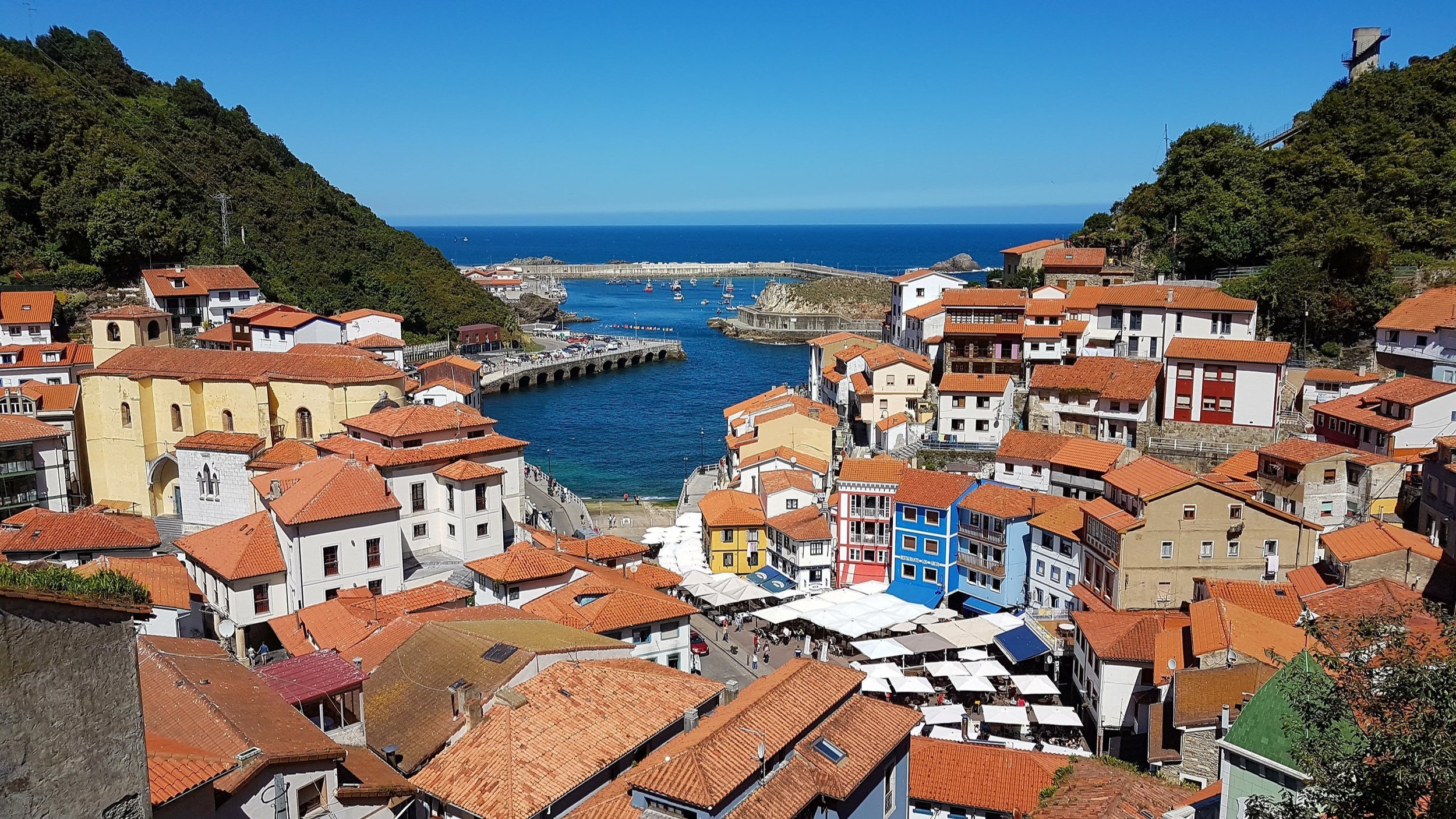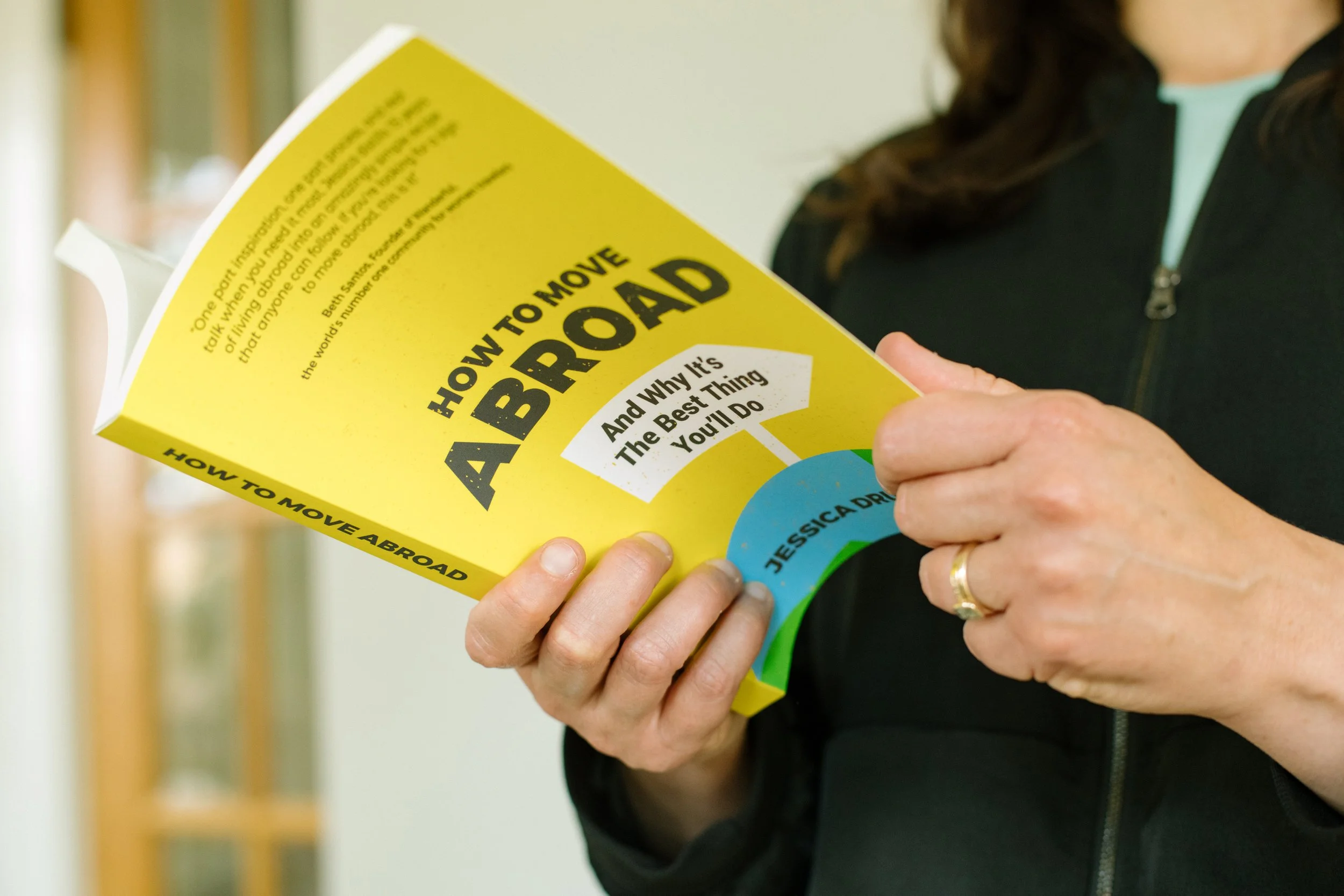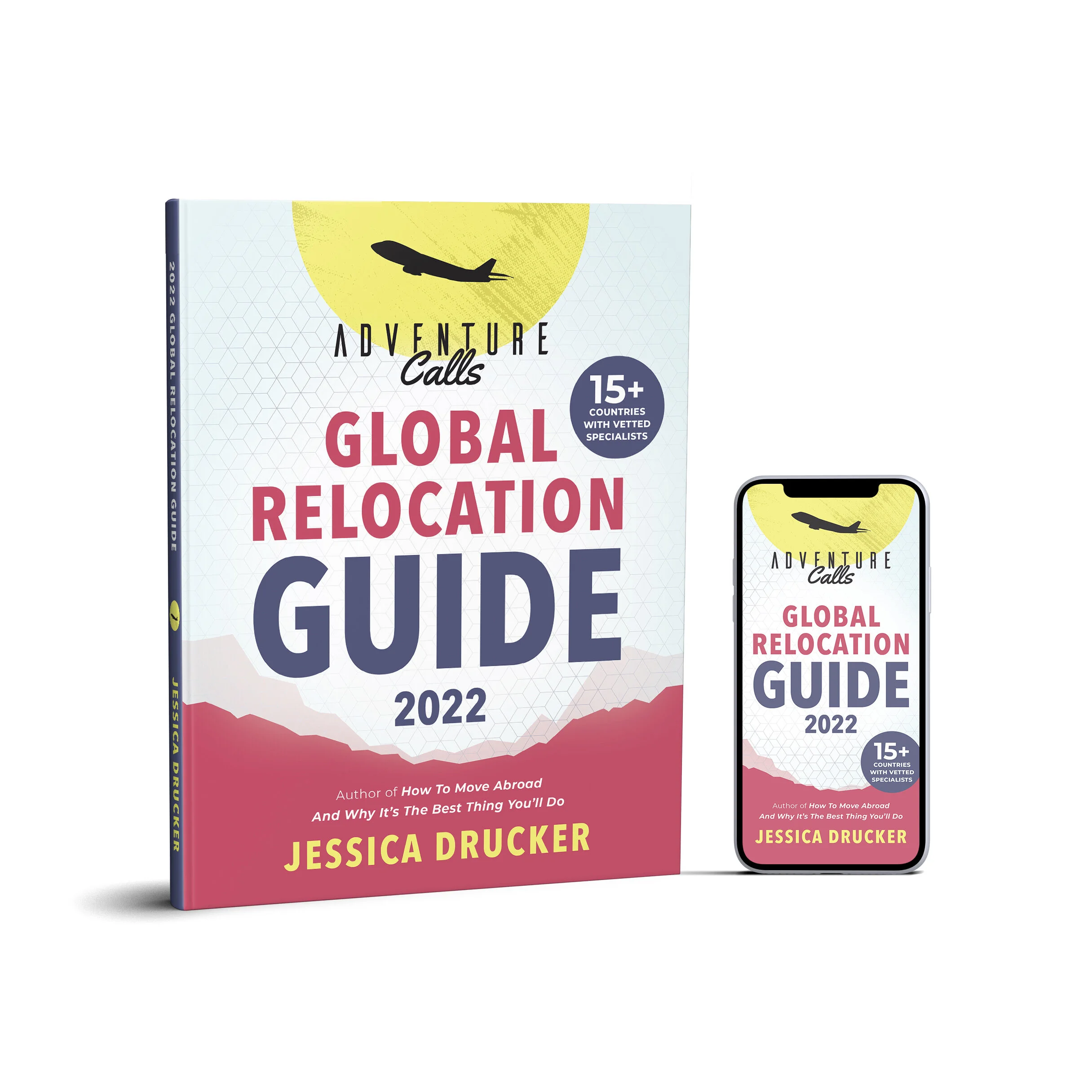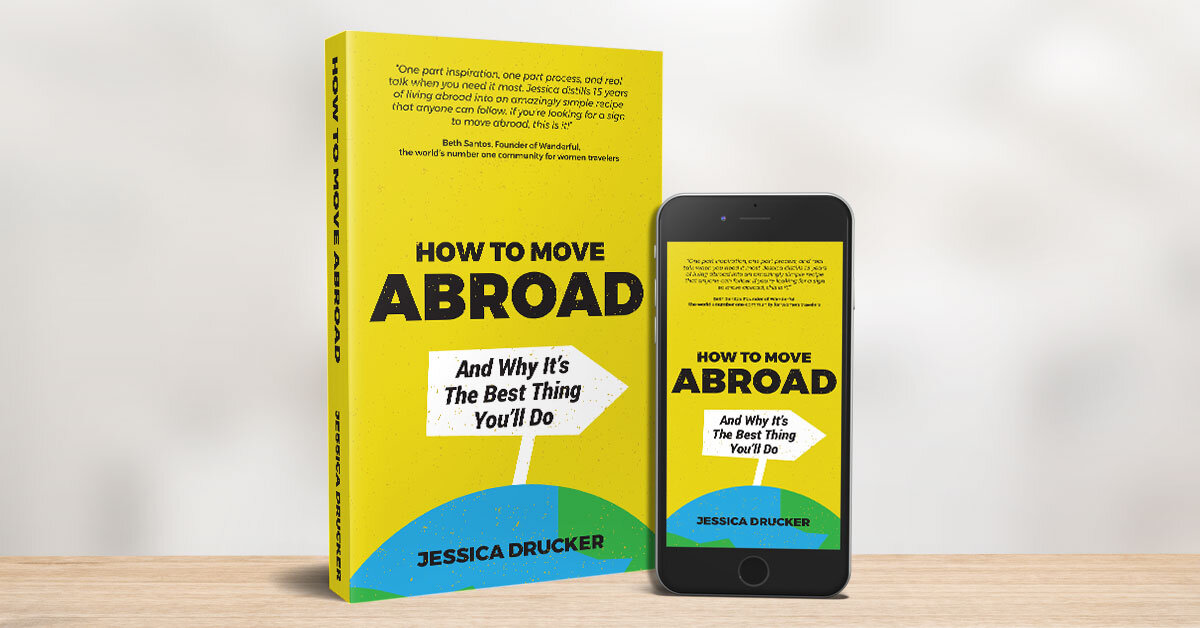Damien O’Farrell is a Global Mobility Specialist who has been living in Italy for over 30 years. Through his global mobility programs, he assists C suite executives, VIP talent, and individuals relocating to Italy, plus cutting-edge spousal support, expat coaching and entrepreneur mentoring with a focus on building and growing a successful business in Italy. Essentially, Damien acts as a one-stop-shop for destination services, including home search, utilities, the immigration, and the expat coaching, as well as relocation strategy.
Your strategy in moving to Italy in 2022
Strategy?
Yes. Let’s start the discussion about How To Move To Italy by talking about strategy. It’s important to know WHY you want to move to Italy, so that you know where to move, what visas are available, how long you can stay, when you can apply, and more.
For example, If you just know you want to move to Italy, but you don’t really know where, answer these questions:
Are you looking to build your career? Then you might consider moving to Rome or Milan, aka Tier 1 cities.
Are you looking for a slower, more relaxing lifestyle? Maybe even to retire? Then you might consider slower, sleepier cities or towns, aka Tier 3 cities.
You have to know your ‘why’, because If you move to a small Italian town because that is your dream, you aren’t going to be able to build a career in fashion, for example, since that would happen in Milan. If you want to launch a business, you need to be where you can network with like-minded individuals.
As you will see below, you will also really need to know your ‘why’ because you will have to work hard before you move to Italy to apply for the ‘right’ type of visa that aligns with your dreams.
A word of caution as we wrap up this section on strategy, the number ONE reason why self-initiated expats (ie, not corporate expats who are relocated by a company) leave Italy has to do with finances: not making enough money to make a life work. Finding rewarding work in Italy can be difficult, and salaries tend to be on the low side. So, if you are looking to find a ‘regular’ job, you might feel that you can’t exist for very lng on that. Retiring or running your own business might be an entirely different matter.
How to get a visa to live in Italy for a non-EU citizen
If you are a citizen of the European Union, you don’t need a visa to move to Italy. You can move and live freely within all of the countries in the EU. Non-EU citizens have to go through official immigration channels to live anywhere in Europe (or anywhere out of their home countries in general).
Tourist visa for shorter visits
This is the first visa you probably have already gotten if you have ever been to Italy, and the one you get whenever you land there on vacation. If you have a strong passport that doesn’t require any advance paperwork (US, Australia, Canada, etc) you are able to visit Italy for up to 90 days in any 180 day period as a tourist. Other nationalities might be required to apply for tourist visas in advance of their visit.
Beyond the tourist visa
If you want to more officially move to Italy, then you want to apply for a different type of visa to actually immigrate to the country.
You have to go back home. Or at least back to the country where you currently have residency. Visas aren’t processed in Italy. They are processed in Italian consulates, and you have to apply to the consulate that has jurisdiction over where you have residency.
Available visas for your move to Italy
Inter-company transfer: If you work for a multinational company that relocates you, you will likely get a work visa through your company that is valid for one to two years. The immigration process may or may not be handled by your HR team entirely.
Italian company hire: You can apply for Italian jobs and be hired by an Italian company. This might be a bit more difficult, but if you are skilled in Italian and a type of skill that an Italian company is willing to hire outside the European Union for.
Side note: Being a native English speaker is no longer a skill that is likely to get you a visa. 20 years ago you could have moved to Italy and gotten a job teaching English, but today, the internet has disrupted the need for in person teaching by a native speaker. Now Italians, and anyone else, can hire a teacher online and there aren’t many roles on the ground for this.
Retirement visa aka Elective Residency Visa: If you want to move to Italy but not work, you can apply for this visa meant for retirees, but open to all with a consistent monthly income from outside of Italy. You have to show income, not savings. It doesn’t matter how much you have saved in the bank, but rather how much money you can prove you get on a monthly basis.
Prior to 2021 you were not able to convert this retirement into another type of visa, but the Italian immigration decree now says that you can, in certain circumstances, convert an Elective Residency Visa into a work permit as long as you have a job offer from an Italian company. This is great for those who move to Italy, make connections and actually do find a job opportunity. Otherwise they would have had to move back to their home country and apply for the job. This way you can convert your visa into a work visa - as long as you have an official job offer from an Italian company.
Student Visa: There are two types of ‘students’ under this visa type. You can be a higher education student (aka college) or a continuing education student (studying the Italian language, taking an art class, etc). The continuing ed student can study in Italy for one to two years, and even work up to 20 hours per week. This visa is usually good for one year and extended to two, but no more than that. There is no permanent student lifestyle with this visa.
Pursuing a higher ed degree will allow you to secure a visa for your entire education, and then you have up to a year to find a job in Italy, as Italy wants to keep the talent educated here in the country.
The Investors Visa: In Italy, you can invest anywhere from €100,000 - €250,000 in a startup or other company. This is for a very specific type of expat, and is not a Golden Visa. Italy has no ‘Golden Visa’ opportunities, meaning that you can not invest in property as a way to achieve residency the way that you can in Portugal, Malta, Spain, Cyprus or others. You can buy property in Italy, but you can only live there for those 90 days out of every 180 days, or six months per year.
Self-employment visa: This is a challenging visa to obtain. When applying for this visa, you have to present a business plan that shows that you have been doing that business in your country of origin, and how you plan to bring that to Italy.
Frequently Asked Questions
FAQ: What do I do when my visa runs out in Italy?
Can I switch from one visa to another visa while living in Italy? If you are going to switch visas, from one type to another type, you typically have to go back to your home and apply again at your local consulate. There are a few cases, such as extending your student visa until you find a job or converting your retirement visa into a work visa, where this can happen all while maintaining residency in Italy, but otherwise, you usually can’t convert visas without leaving the country. This can be a bit disruptive to your lifestyle, obviously, and so needs to be known and planned for.
FAQ: Am I guaranteed an Italian visa if I fill all the requirements?
Unfortunately this isn’t an exact science. There is a lot of variance from one consulate to another, and one bureaucrat to another. You can be exactly the same on paper as another person, couple or family and the visa type, length or approval might not be the same. Just because one person gets approved doesn’t mean someone else’s will.
FAQ: What kind of jobs can I get in Italy?
Italy wants to monetize its immigration. Retirement visas are seen as a strain on the public healthcare system, and are increasingly difficult to acquire. English teaching jobs are harder than they used to be as well. Jobs in the tech and medical sectors are on the up and up.
So if you are moving to Italy and looking to become a member of the workforce, it is important to skill up in the areas that Italy is looking for, or get creative on other routes and visa types.
FAQ: Can I work remotely in Italy?
If you are a non-EU citizen arriving on a tourist visa, you can only stay in Italy for up to 90 days in any 180 day period. There are no digital nomad-type visas that allow you to work remotely for a year or two while living in Italy. Countries like Spain have a Non-Lucrative Visa which allows you to work your remote job while living legally in Spain.
FAQ: What if I overstay my visa?
In short, get on a plane and hope that nobody notices that you have overstayed. Then go back to your home country and start the process correctly, rather than staying illegally. If you have overstayed your visa and fly through a major transport hub like Zurich, Frankfurt or Amsterdam, you will very likely get caught for overstaying.
By the end of 2022, the European Schengen Area will have the ETIAS platform, which is like the equivalent of the American ESTA, and will make it very difficult to overstay unnoticed.
ETIAS, or European Travel Information and Authorization System, is a visa waiver program that will be needed to enter a Schengen member country. All travelers entering on a tourist visa on arrival will be expected to apply for an ETIAS travel authorization prior to arrival.
Five Italy Influencer Recommendations
Kylie Flavel’s Dream of Italy YouTube Channel
Shannon Acton’s Bargain Homes Abroad
Italian Cheap Homes
Sean Carlos, American Realtor in Italy.
The Bittersweet Life podcast















